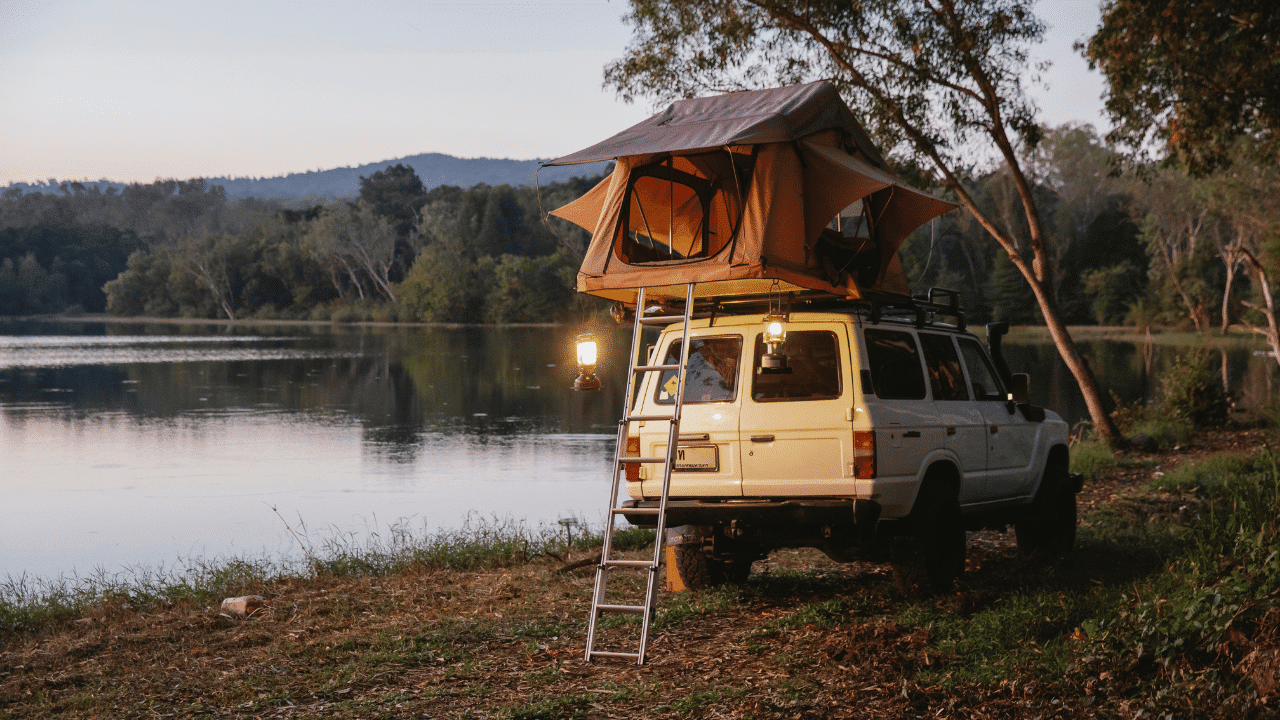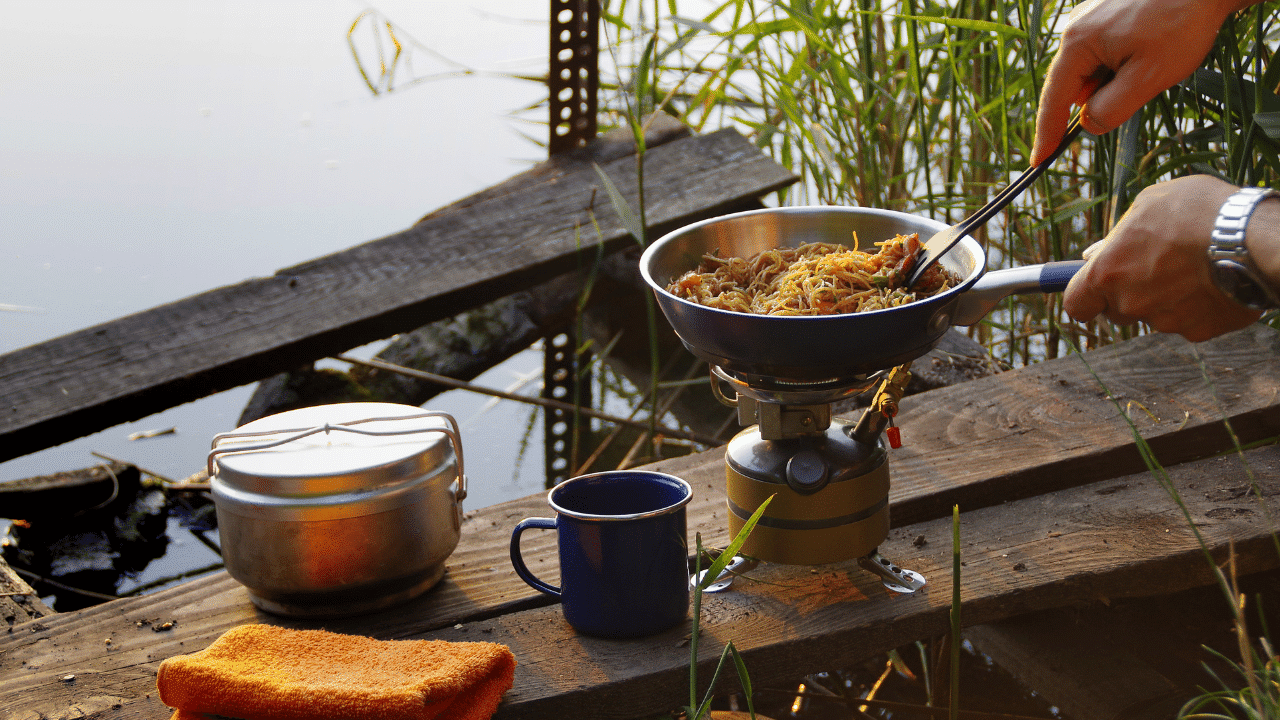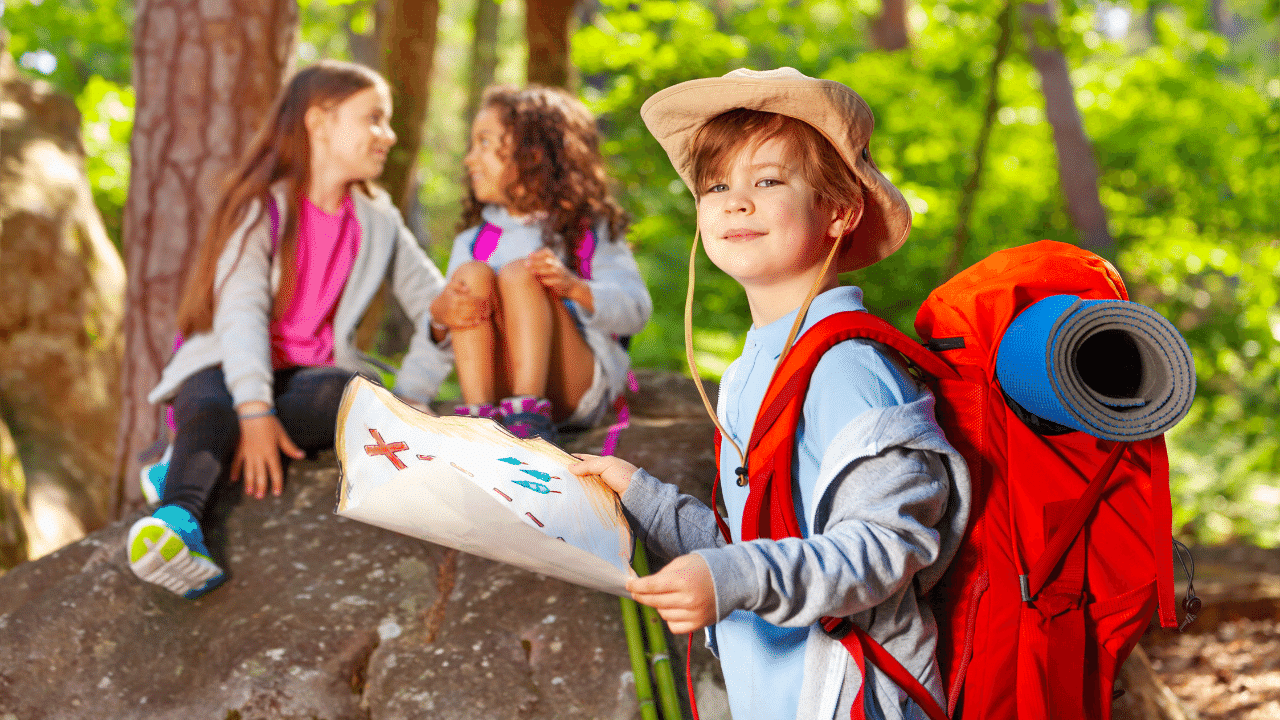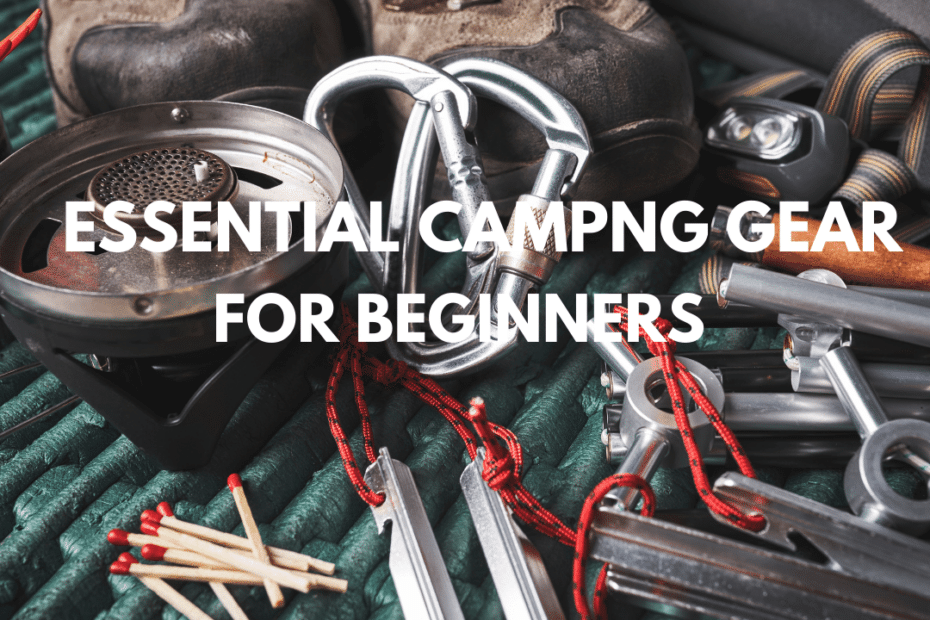When embarking on a camping trip as a beginner, it’s crucial to pack the right equipment to ensure a safe and enjoyable experience in the great outdoors. From shelter and cooking supplies to lighting options and appropriate clothing, here is a comprehensive guide to help you choose the essential camping gear for beginners such as you.
Camping Gear for Beginners
Shelter: Your Home Away from Home
Choosing the right shelter is paramount for a comfortable camping experience. While seasoned campers may prefer sleeping under the stars, beginners should opt for a reliable tent. Consider factors such as size, weight, and durability when selecting a tent. Ensure it is large enough for your group and easy to set up, as struggling with poles and ropes can be frustrating. Remember to bring all necessary equipment, including stakes, guylines, and a groundsheet if required. Set up your tent on a flat area free from rocks or roots, taking potential weather changes and natural elements into account for stability.
Tent Selection: Finding the Perfect Fit
The type of camping you plan to do determines the type of tent that suits your needs. There are four main types to consider:
- Backpacking tents: Lightweight and compact, suitable for one or two people.
- Family tents: Larger with separate rooms, providing privacy for family members.
- Car camping tents: Bulkier but offering more space.
- Expedition tents: Made from heavy-duty materials designed for mountainous terrain.

Sleeping Bags and Pads: Restful Nights in Nature
A good sleeping bag is essential for warmth during cold nights while remaining lightweight for easy hiking. Consider factors such as temperature rating, shape, and material (synthetic or down) when selecting a sleeping bag. Investing in a quality sleeping pad enhances comfort and protects you from the cold ground. Choose from foam, self-inflating, or air pads based on your preferences and needs.
Cooking: Delicious Meals in the Wild
Camping meals should not compromise on taste. A reliable camp stove and cooking equipment make a significant difference in your culinary experience. Consider the following options:
- Camp Stove and Fuel: Propane or butane fuel stoves are efficient, easy to use, and provide quick heat. Alcohol stoves are lightweight and suitable for backpackers or solo camping trips. Wood-burning stoves offer an authentic camping experience but require collecting wood.
- Cookware and Utensils: Opt for lightweight cookware made of stainless steel or aluminum. Non-stick pots and pans ease cleaning, while cast iron cookware retains heat well. Choose utensils that are functional and space-saving, such as long-handled utensils or sporks.
- Cooler or Ice Chest: Depending on your camping location, either an ice chest or a cooler will keep your beverages cold. Campgrounds with cold storage facilities benefit from ice chests, while remote wilderness camping requires a high-quality cooler to preserve food and drinks.

Lighting: Illuminate Your Camping Experience
Proper lighting is essential for navigation and safety during your camping trip. Consider the following lighting options:
- Flashlights or Headlamps: Flashlights offer powerful beams and are compact for easy packing. Headlamps provide hands-free operation and are ideal for cooking or setting up camp at night, as well as hiking or trail running.
- Lanterns or Camp Lights: Lanterns provide bright, widespread light for the campsite. Gas-powered lanterns are brighter but require maintenance, while electric lanterns offer portability and can be rechargeable or battery-powered. Solar-powered lanterns are eco-friendly and budget-friendly.
Clothing: Comfort and Functionality
Choosing the right clothing ensures comfort and protection from changing weather conditions. Layering is key for adjusting your outfit throughout the day. Consider the following:
- Layering System: Start with a moisture-wicking base layer made of synthetic or merino wool fabric to keep you dry and regulate body temperature. Add insulating layers such as fleece or down jackets for warmth. Finally, wear a waterproof and breathable outer layer, like a rain jacket and pants, to protect you from rain and wind.
Clothing Considerations:
- Comfortable and durable hiking boots or shoes with good traction for walking on various terrains.
- Moisture-wicking socks to keep your feet dry and prevent blisters.
- Hats or caps for sun protection and warmth.
- Gloves or mittens for chilly weather or handling hot items.
- Quick-drying and breathable pants and shorts for hiking or lounging at the campsite.
- Long-sleeved shirts to protect you from the sun and insects.
Safety and Navigation: Be Prepared
It’s crucial to prioritize safety and be prepared for any situation while camping. Consider the following essential items:
- First Aid Kit: Pack a well-stocked first aid kit with basic supplies like bandages, antiseptic wipes, pain relievers, and any necessary personal medications. Familiarize yourself with basic first aid procedures.
- Navigation Tools: Carry a detailed map of the area and a compass for navigation. If you prefer digital options, consider a GPS device or a smartphone with offline maps and a reliable navigation app.
- Fire Safety: Bring a fire extinguisher or a fire blanket to ensure safety when using campfires or cooking stoves. Familiarize yourself with fire regulations and restrictions in the camping area.
- Emergency Shelter: Consider carrying a lightweight emergency shelter, such as a bivy sack or an emergency blanket, as a backup in case your tent becomes unusable.

Miscellaneous Essentials: Don’t Forget These
- Water Filtration System or Water Bottles: Ensure a safe water supply by carrying a water filtration system, purification tablets, or a water bottle with a built-in filter. Staying hydrated is crucial during outdoor activities.
- Backpack: Choose a backpack that fits comfortably and has enough capacity to carry your gear, including clothing, food, and other essentials.
- Camping Chairs or Hammocks: Relax and enjoy the campsite by bringing portable camping chairs or hammocks for lounging.
- Multi Tool or Knife: A versatile tool or knife comes in handy for various tasks, including cooking, cutting ropes, and handling emergencies.
- Insect Repellent and Sunscreen: Protect yourself from bug bites and sunburn by applying insect repellent and sunscreen with appropriate SPF.
Remember, proper planning and preparation are essential for a successful camping trip. Research the area, check the weather forecast, and make a checklist of all the essential gear before setting out. Enjoy the beauty of nature while staying safe and comfortable with the right camping gear.
